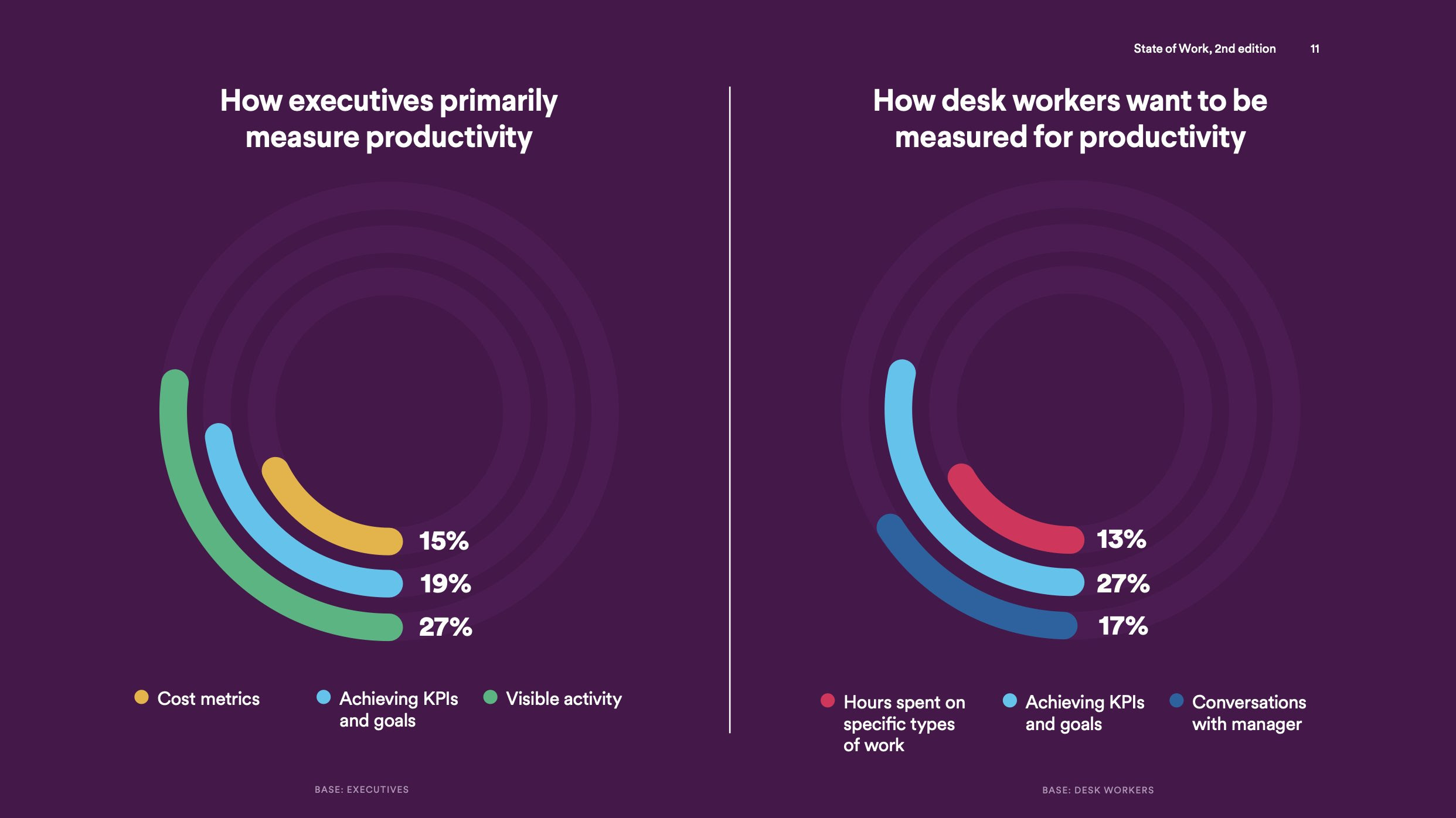Return to the office? - "No way!"
Hey,
I'm Sergio Pereira, and this is the Remote Work newsletter 👋
Last week I shared I told why interviewer ask you "What's your salary expectation?". And how to answer this delicate interview question. In fact, my recent tweet resonated with a lot of folks, which seems to indicate that many people were unclear how to approach the salary discussions in interviews.
Today, let's talk about working in the office. No, I didn't change my mind on remote work. Actually, many people are reaching out to me, as they seek a remote job to avoid their company's RTO policy.
So, let's understand why companies are pushing their employees back to the office, in the first place.
• What challenges are they trying to solve by ditching remote work?
• Is the office the actual solution?
• Or should they simply have better remote processes?
I've been writing online about remote work for a while now. One of my is to help companies establish goal-oriented remote processes. That's why I launched the course Mastering Remote Work one year ago. I've had around 1000 students so far, between Gumroad and enterprise licenses. Now I'm running a 50% discount during this month of November, for Black Friday. If you want to learn more about remote work best practises and async processes, this is a great opportunity.
During this time engaging with people on Twitter, and talking with students of my course, I understood that the actual dichotomy is not Office vs Remote. That conversation is already a consequence from another deeper dichotomy:

This chart is from Slack's State of Work 2023 survey. It clearly shows:
• "Visible activity" is the top performance metric on which executives measure performance.
• "Achieving KPIs and goals" is the top performance metric on which employees want to be measured on.
This is yet another proof that the actual divide is measuring attendance vs measuring results.
Executives prefer to measure attendance, but measuring attendance is lame. One can sit for 8 hours a day and do nothing. I know people working in enterprise companies where whole project teams are put together just so people are busy, but there's no actual goal to achieve, sometimes not even a timeline to delivery anything.
When a company is stuck in this attendance tracking vanity, their performance metrics will simply track input:
• Number of hours worked,
• Number of tasks done,
• Number of JIRA points,
• Number of Github PRs,
• etc.
One can easily game these metrics. In fact, managers can game these metrics to make their teams standout inside a larger organization. This is rocket fuel for office politics, and this is what's harder to implement in a remote team.
Remote work can definitely remove some sense of control. Managers duel with measuring work hours, and authenticity of tasks done. And what are people doing while their PR is being reviewed? In the office the ultimate answer is "Oh, John Doe arrived at 9am sharp, and has has sat in back to back meetings. I see him running around, what a hard worker!".
But on the flip side, remote work opens the door for work relationships that are not based solely on control and employee surveillance. Just like Slack's survey points out, employees prefer being measured on the results of their work. And companies actually benefit from that approach, because the value created by people's work is what adds to the company's bottom line.
Remote work is a win-win proposition for both companies and employees:
• Employees enjoy the flexibility of working on their own terms, as long as they deliver.
• Companies enjoy happier employees who deliver on what they commit to.
In fact, it's a win-win on a broader market level too:
• Employees can apply to jobs on another country, not simply in their local city.
• Companies can hire skilled employees globally, which massively expands the talent pool.
The best companies work towards goals, and their performance metrics are based on that. They are ditching vanity metrics from day-to-day work. See the case of Linear, that I tweeted about recently, they don't track such metrics, instead they assemble teams for specific goals towards important business goals.
As per Fortune magazine, 63% of employees would be wiling to take a pay cut in order to work remotely. If nothing else, because they'd save a significant sum of money every month on commute expenses.

In case you're in that situation yourself, or if for any other reason you're looking for a remote job, have a look at the Remote Jobs Braintrust. I've just opened enrolment for Cohort #3, with the same limit of 30 people per cohort. I look forward to seeing you on the live sessions and on Slack.
Thanks for reading this newsletter until the end. You can read all past editions here. Make sure to share the link with your friends and colleagues so they can read it too.
See you next Friday,
Sergio Pereira,
Startup CTO & Remote Work Lover


